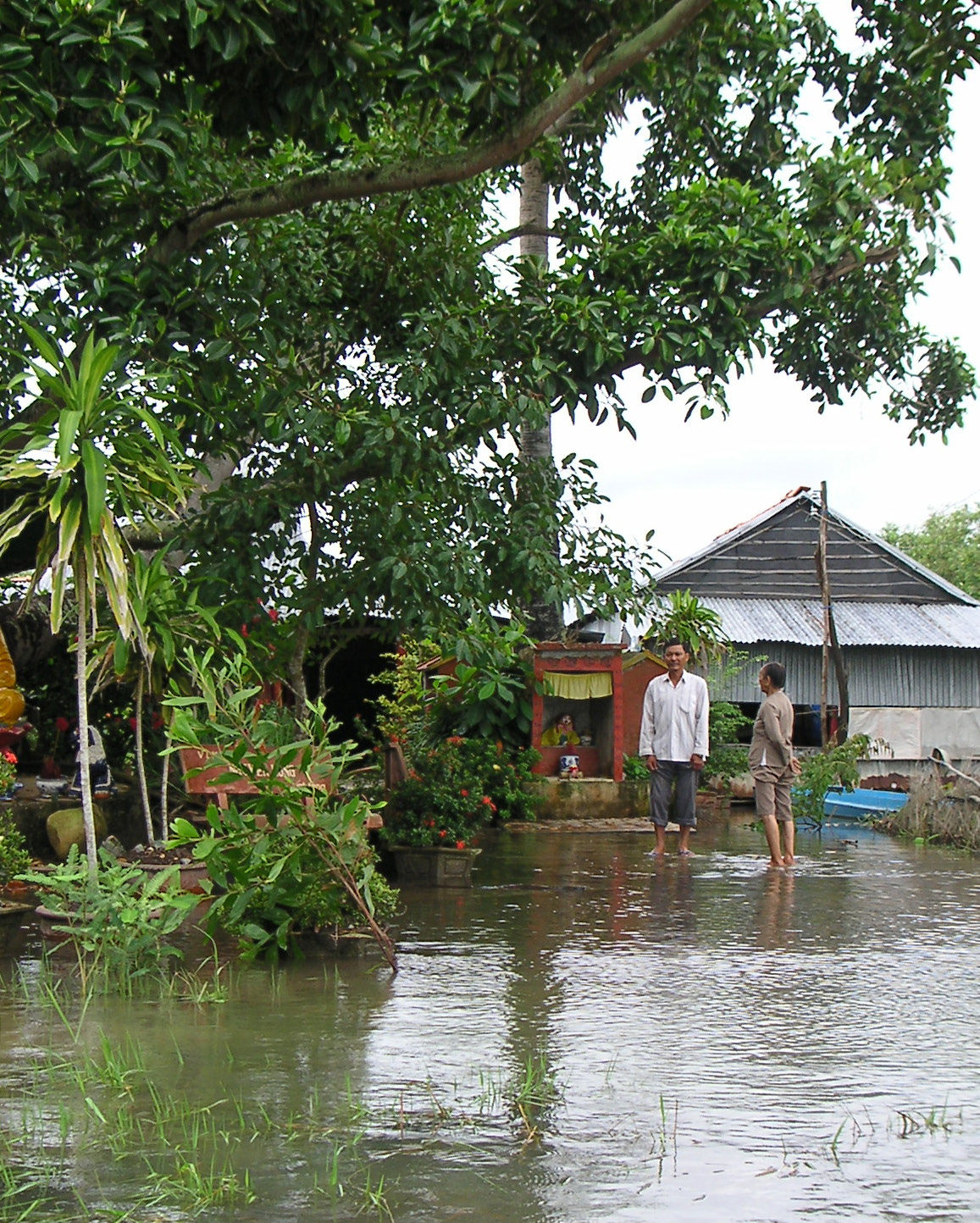

Downloads
DOI:
https://doi.org/10.58981/bluepapers.2023.2.03Published
Issue
Section
License
Copyright (c) 2023 Pascal Bourdeaux

This work is licensed under a Creative Commons Attribution 4.0 International License.
How to Cite
Abstract
Zones of fluvial influence, which were the cradles of many human societies both past and present, are key in today’s discourse on how to manage water, culture and heritage in ways that are compatible with sustainable development. Water/river customs have served environmental/cultural practices. This article discusses the interdependence or dissociation between “nature/water” and “culture,” which has forged a more or less strict dualism depending on specific religious frameworks. This dualism can be critically analyzed by sociology, phenomenology and political ecology. The relationship between the reverence accorded to the “sacred” and “nature” and how humans have maintained this respect is however not enough when addressing environmental crises. Could a new approach involve exploiting religious history to restore practical and moral meaning to contemporary challenges, including water-related environmental issues? Very few research programs or development projects really consider transdisciplinary and transcultural perspectives. A suggestion would be to combine the history of science, the comparative history of religious beliefs, the political sciences and cultural studies to define a “global history of religious ecology.” This would aid understanding of the multiplicity of religious conceptions of nature.
References
Cornu, Marie, Fabienne Orsi and Judith Rochfeld, eds. 2017. Dictionnaire des biens communs [Dictionary of the commons]. Paris: Presses Universitaires de France.
Gottlieb, Roger, ed. 2006. The Oxford Handbook of Religion and Ecology. Oxford: Oxford University Press.
Grim, John, ed. 2001. Indigenous Traditions and Ecology: The Interbeing of Cosmology and Community. Cambridge: Harvard University Press.
Riotor, Léon, and Gaston Léofanti. 1895. Les Enfers Bouddhiques (Le Bouddhisme Annamite) [The Buddhist hells (annamite buddhism)]. Paris: Chamuel.
Tucker, Mary Evelyn, and Duncan Ryuken Williams, eds. 1998. Buddhism and Ecology: The Interconnection of Dharma and Deeds. Cambridge: Harvard University Press.


